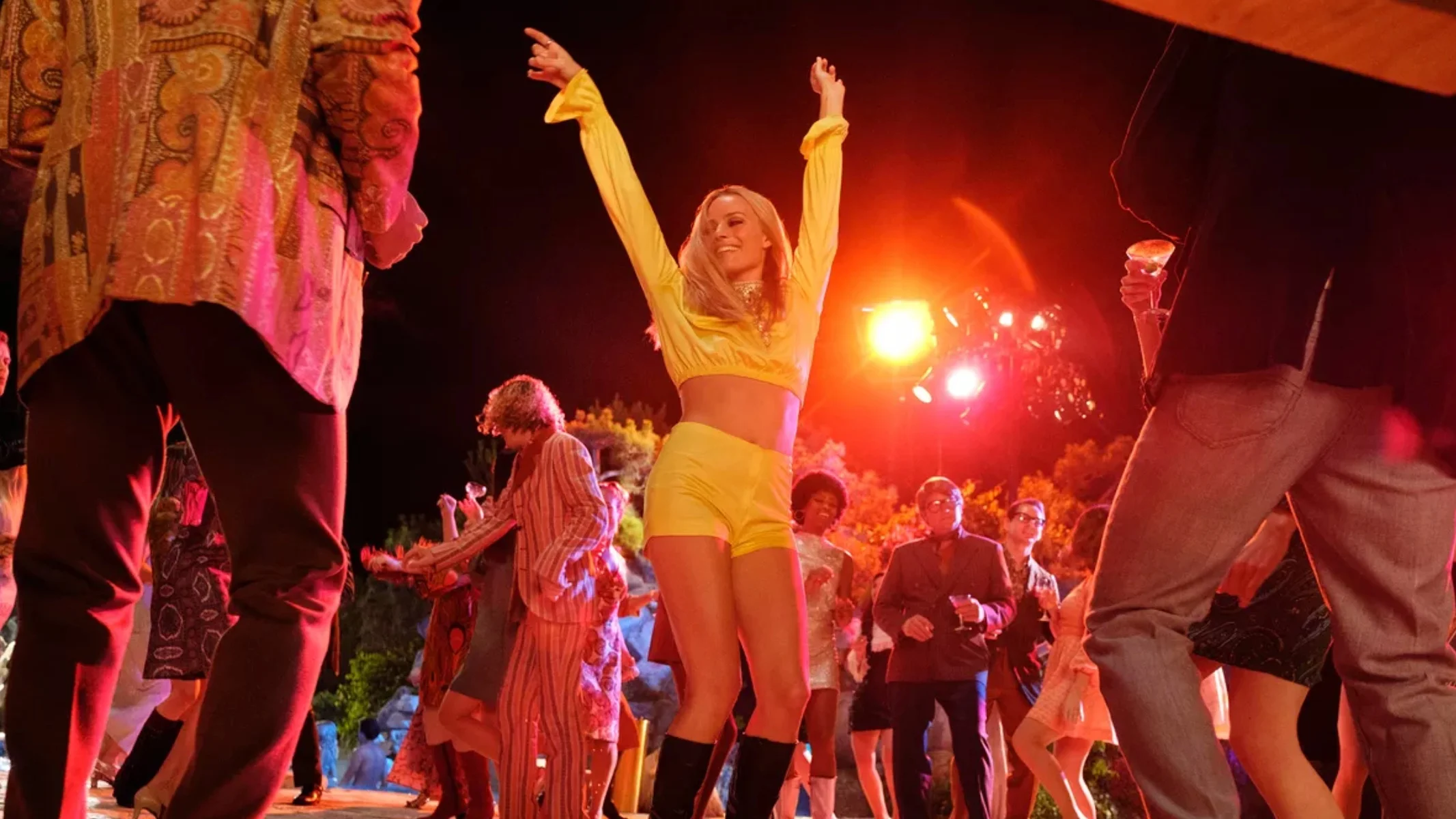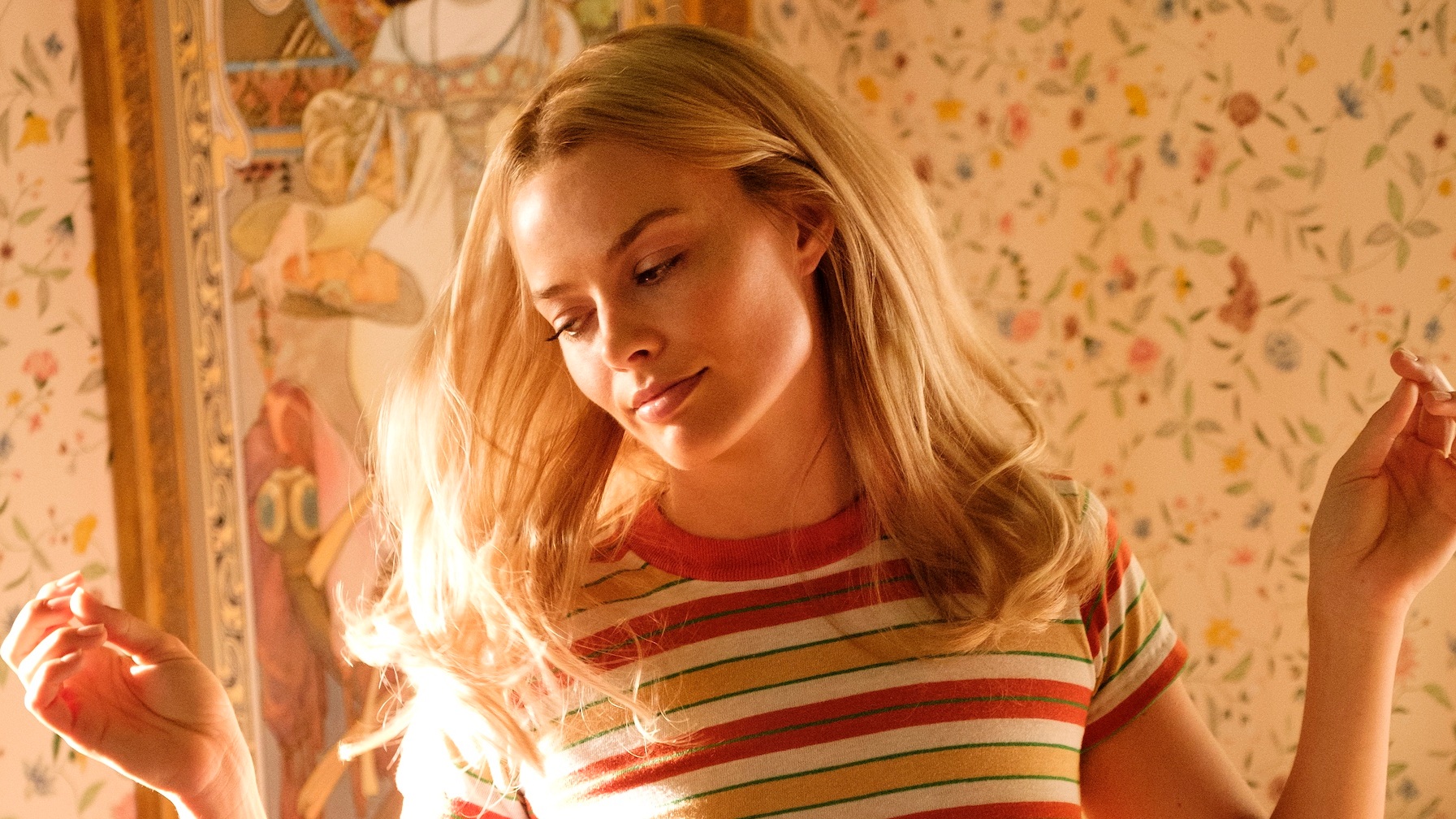A Dream Within a Dream: The Incandescent Optimism of Once Upon a Time in Hollywood
“There is a crack in everything. That’s how the light gets in.” -Leonard Cohen, Selected Poems, 1956-1968
“Believe me, nothing is trivial.” -Eric Draven, The Crow
It’s October, and the taste of fall was just beginning to fight for its place amongst the unforgiving Texas heat. I gradually opened my eyes on an early Saturday morning while the sun streams in through the small crevices in my blinds. The sound of my dad typing away at his keyboard is the first thing I hear, along with my mother’s loud, reverberating laugh as she chats away on the phone and tinkers around in the kitchen. The TV is low but loud enough to glean that some kind of horror movie is playing. I can smell freshly brewed coffee and burning pumpkin candles. I close my eyes, sink deeper into my covers, and savor the moment. I was 12-years-old.
Halloween is my favorite time of the year, but this day before Halloween is the happy memory I always find myself returning to. Whenever I need to remember what it feels like to be completely at peace, to be happy and feel safe, it’s this memory. It’s a small, uneventful moment—barely a blip in the days and weeks that followed. But this, my October Morning, is perfect and it’s magic and it’s mine.
After seeing Once Upon a Time in Hollywood for a third time, I was reminded of the power of these small moments. The kind that seem so trivial, yet matter so much. The kind that give us hope—where time seems to slow down just a little bit, allowing us to fully examine what we’re experiencing.
The summer of ‘69. A frenzied, furious transition was palpable—the hint of change as the world became a ticking time bomb. Assassinations, Woodstock, the Zodiac Killer, Vietnam, a man on the moon, riots, hurricanes and, of course, the Tate murders, all marked a time in history that served up one of the most significant and eventful cultural shifts in history. Coincidentally, the same could also be said of the summer of 2019: unending violence, hatred and devastating political and social turmoil has plagued our country, more so than before, for the better part of three years and doesn’t seem to be letting up any time soon.
In two eras, where each summer reached a boiling point, Tarantino has released the antidote, skirting around the events and crises that dominated that era and focusing on a small, unhurried tale of friendship, growing past your prime, and humanizing a woman that has long since deserved it.
Once Upon a Time in Hollywood, as the name implies, is a fairytale—a story that serves as both a love letter to Los Angeles and a glorified examination of Hollywood, and what happens after you’ve made your dreams come true. Despite Rick Dalton, played brilliantly here by Leonardo DiCaprio, experiencing an acting “mid-life crisis” throughout the film’s journey, there never seems to be a moment where we feel genuinely anxious or scared for his character. His struggles are relatable to those of us who are aging, and going through periods of our lives where we became “more useless every day.” Yet Tarantino peppers his emotional (yet hilarious) breakdowns with the unyielding support of his right-hand man, his stunt double, bodyguard driver, Cliff Booth (a decidedly pretty Brad Pitt)—who never fails to remind Dalton that he’s “Rick fucking Dalton.” Rick and Cliff share a lot of small, intimate moments throughout the movie—driving through Los Angeles, drinking together at Casa Vega—that feel innocent and deliberately slow enough to savor. Junctures of time that illustrate the easygoing nature of their relationship. Moments that quite literally tell us to hold out hope--both for our main characters and the situation haunting the time period.
Yet it’s not until we’re introduced to the luminously ethereal Sharon Tate (in a beautiful performance by Margot Robbie) that we really sense the kindness Tarantino has shown us. Like the bright, canary yellow outfit she wears to the Playboy party, Sharon shines as a beacon of hope. A carefree, exuberant ray of light despite the dark future we fear he will eventually bestow upon her. Sharon’s (and the film’s) October Morning is when she attends a screening of her own movie, The Wrecking Crew. We see her smiling face as she takes it in, the tickled, pleased chuckles as the audience laughs alongside her. Working through the martial arts moves as the scene flips between The Wrecking Crew (and the real Sharon Tate) and training with Bruce Lee. She beams. She radiates; her unfiltered glee is contagious and heart-warming. She’s deliriously happy and proud, Tarantino letting us in on this charming little secret. It’s this moment where we as an audience dare to hope that he will change her path. Where we can let ourselves enjoy this small slice of her without dreading what she’s become known for.
In a first viewing, a slightly uneasy, foreboding sense of dread dresses each scene, the audience holding their breath as we wait to see if Tarantino will grant us the revisionist history he’s given us in the past. By the time we get to his trademark violence on Cielo Drive, we’re at the edge of our seats, each timestamp an agonizing “will he or won’t he?” question at the back of our minds. Every hour is counted down by Kurt Russell’s enigmatic narration, every small detail taken note of. We all know what happens this day—August 8th, 1969. The scene is laced with a knowing tension. And yet. And yet...we can’t help but wonder. But hope. Will he spare this lovely version of Sharon we’ve come to know in her beautiful, human moments? What do Rick and Cliff have to do with this narrative? This hope teases at the edges, quietly slinking into the cracks at the description of the night’s play-by-play, and holds tight. By the time the three members of the Manson family enter Dalton’s house and stumble upon Cliff, we know. The release is exhilarating, the violence an ecstatic and multi-faceted catharsis that leaves the whole audience cheering. By the time Dalton pulls out his flamethrower, we’ve all gotten that satisfaction.
Once Upon a Time in Hollywood is Tarantino at his most sentimental—his most empathetic. The good guys are actually good, the dog saves the day, history is revised for the better. Never has a Tarantino film brimmed with such an underlying level of hope and optimism—of kindness. OUATIH sports a wistfulness that’s easy to lose yourself in.
Regardless of your feelings on the man himself, this is the movie that’s needed in a time where despair reigns supreme. We need hope right now. We need the alternate Berenstein Bear timeline, where Trump isn’t president, Bowie still lives, and Green Book didn’t win Best Picture. We’re starving for a better future. I believe that Tarantino has created his ultimate masterpiece, his most personal film. A film about hope, and happy endings. A wish fulfillment, in all manners of speaking. He provided an escape, a welcome reprieve from both the current state of the world and his oeuvre. A fairytale that’s so simple at its core, that it becomes magnanimous in meaning.
Like the magical fuzz as Sharon’s voice comes through the intercom at the end of the film, OUATIH is a dream. A wish that’s fulfilled in the changing (and relishing) of small moments in history. OUATIH is an enchanting meditation on aging, friendship and reveling in the mundane. Like my October Morning, a moment I know I’ll never be able to repeat, it’ll always be a beautiful frozen moment in time—even if it exists in a fantasy. And for that, I’m grateful.
“I’m the Lizard King, I can do anything.” -Jim Morrison
















